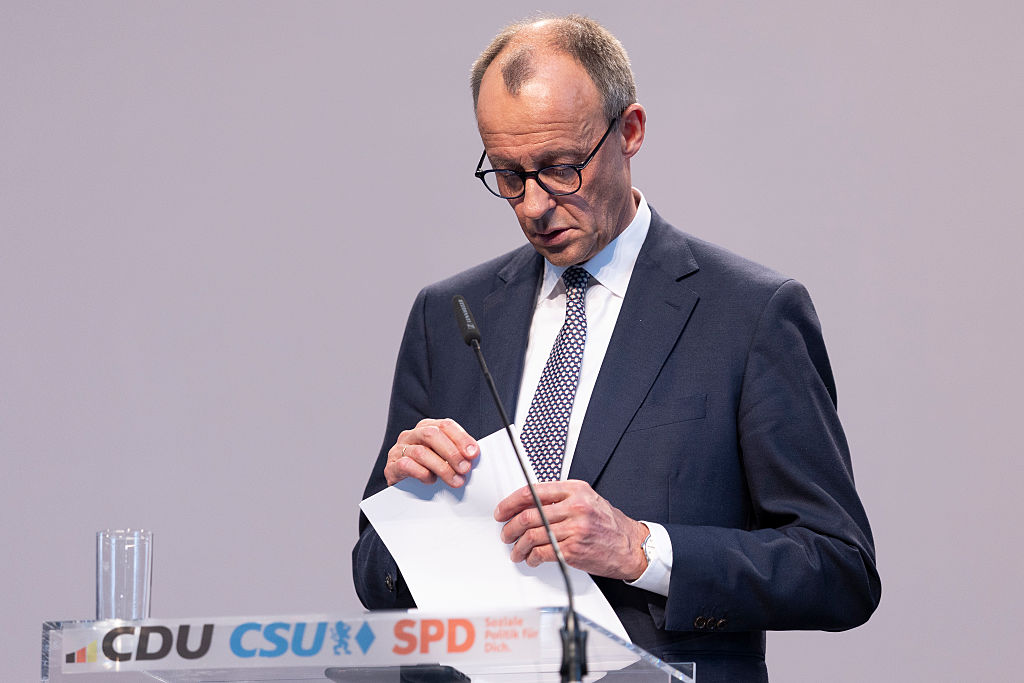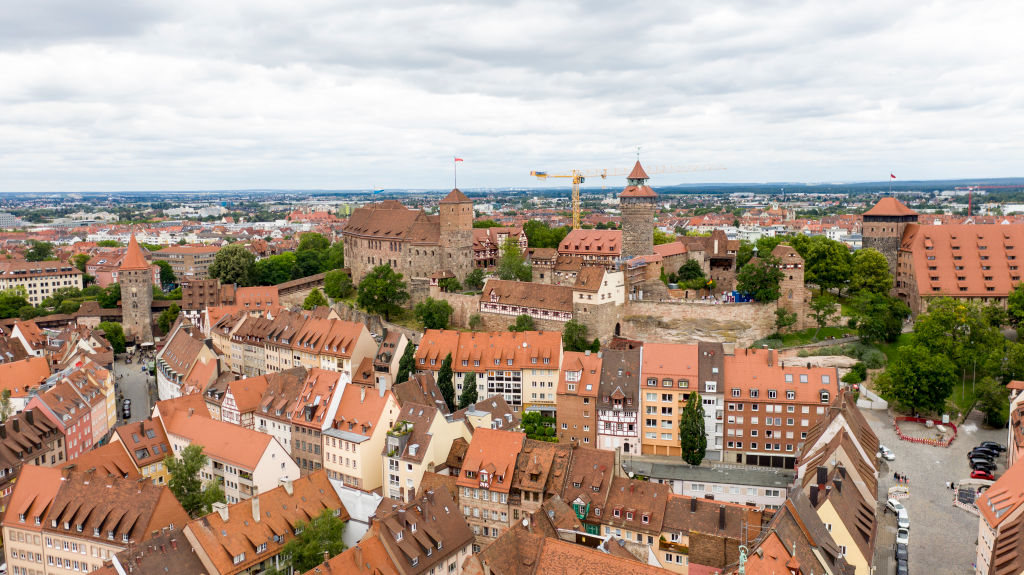The German city of Bonn has abandoned plans for the introduction of a new tax to incentivise people to abandon flats and houses considered “too large” for them.
Plans for the so-called “living-space tax” in the former German capital, which has been ruled by the Greens party since 2020, became public on April 23.
However, a city spokesperson told Brussels Signal on April 24: “The city administration will not pursue the proposal to examine the feasibility and usefulness of a living-space tax, also in view of the acceptance of climate protection measures.”
The plan for the new living-space tax tax was met with scorn from some commentators.
Christian Erhardt, editor-in-chief of the municipal news portal Kommunal.de, called it “a bureaucratic nightmare” and asked who should decide how much living space was “too much”.
Michael Höfling, of the German newspaper Welt, said the plans were a sign that Germany was losing its sense of proportion, calling the tax a “questionable idea”.
In a recently published catalogue of measures, the city’s Climate Neutral Bonn 2035 Programme Office had drawn up plans for a living-space tax to be introduced between 2026 and 2028.
The office was opened in 2022 under the Mayor of Bonn, Katja Dörner of the Greens, with the aim of making the city “climate-neutral” by 2035.
As part of that ambition, the document stated “heat demand must be reduced by 28 per cent”.
This could not be achieved with improving thermal insulation alone, it said. Therefore, it was necessary to “optimise heated living space”. The tax should “regulate the use of living space per person”.
The tax would be introduced in conjunction with “counselling services for efficient use of living space” and people who used little living space could receive a bonus payment, the report suggested.
It also proposed the allocation of €5,000 to €15,000 for an external study of the planned tax and its possible effects.
The new levy was one of dozens of measures suggested by the city’s programme office. Other means to reduce Bonn’s carbon footprint included local events to inform the populace about the city’s “heating planning” to achieve the desired “heat transition”.
Another suggestion was to put solar cells on public buildings and connecting Bonn to an envisioned future “federal hydrogen network”.
In recent years, the German Left has launched several proposals about how to get people to switch to smaller flats, including tax incentives and “home exchange platforms”.
At the same time, Germany has one of the strictest rental laws worldwide, making it difficult and expensive for people to switch where they live.





